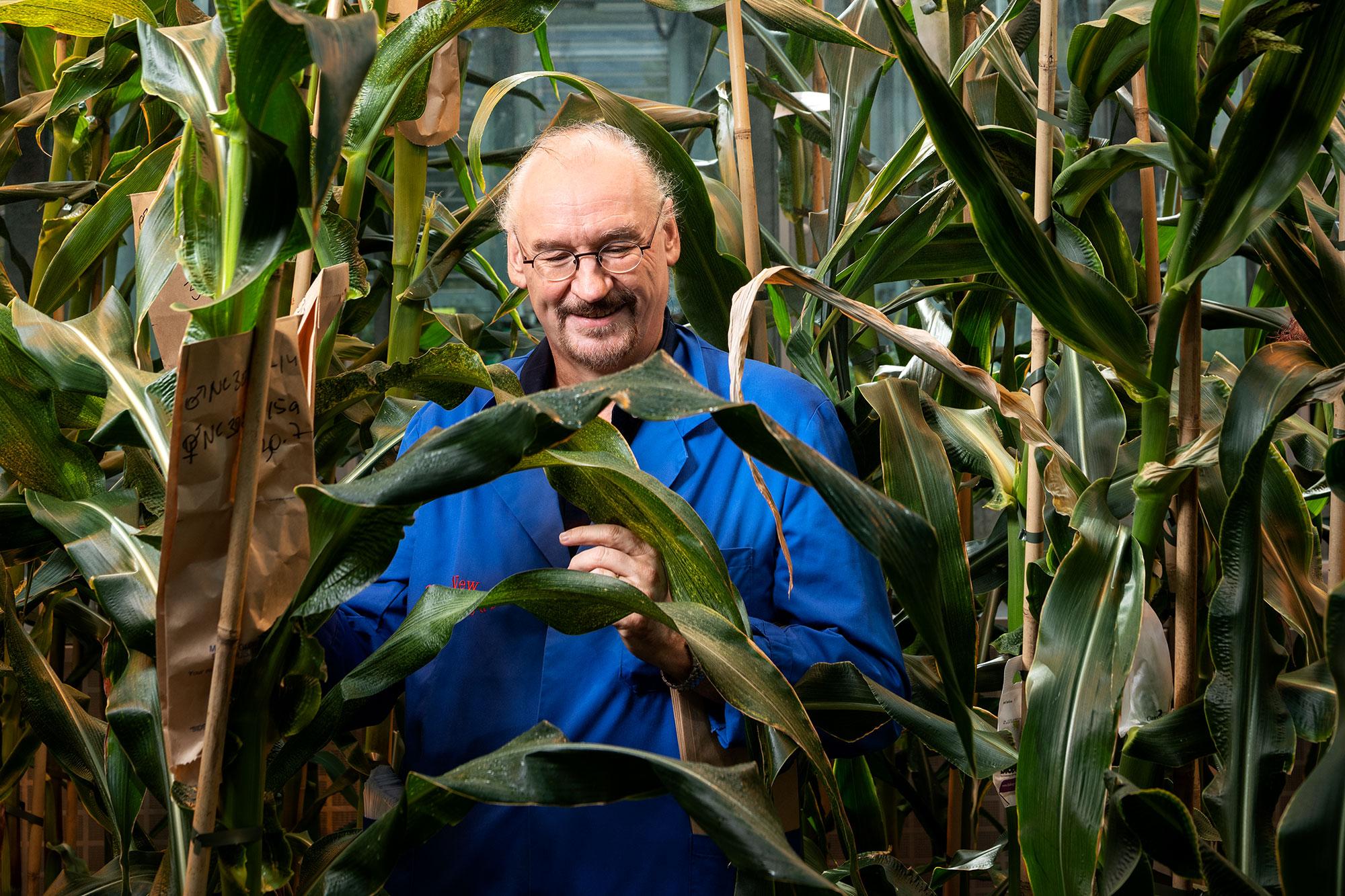Asexual Reproduction through Maize Seeds

Apomixis, asexual reproduction via seeds, yields offspring identical to the mother plant. Inducing apomixis in crops could revolutionize agronomy. Our goal is to create clonal maize hybrids through apomixis and evaluate them in the field.
Project description
What is the research project about?
We aim to leverage New Breeding Technologies (NBTs) by engineering synthetic apomixis in maize and investigating the performance of sexually and clonally produced hybrids in the field. Our goal is to develop efficient apomictic maize lines containing only genetic material from maize. We will then compare growth, development, and seed quality under field conditions. For this comparison, hybrid seeds will be generated by classical crossing, currently available apomictic genetically modified organisms (GMOs), and newly developed NBT-based apomictic lines.
Why is the research project important?
Seeds provide about 80% of our caloric intake, but climate change threatens crops. This makes faster breeding cycles and improved varieties essential for tomorrow’s food security. Over more than 30 years, scientists have worked towards the engineering of synthetic apomixis. While clonal seeds in maize were produced first, most of the recent studies focus on rice using classical GMOs. Different from conventional biotechnology, NBTs introduce changes in the genome that can also occur naturally. Thus, NBTs offer a promising alternative to traditional genetic engineering, potentially advancing the sustainability and productivity of Swiss agriculture.
Original title
Engineering synthetic apomixis in maize as a new breeding tool